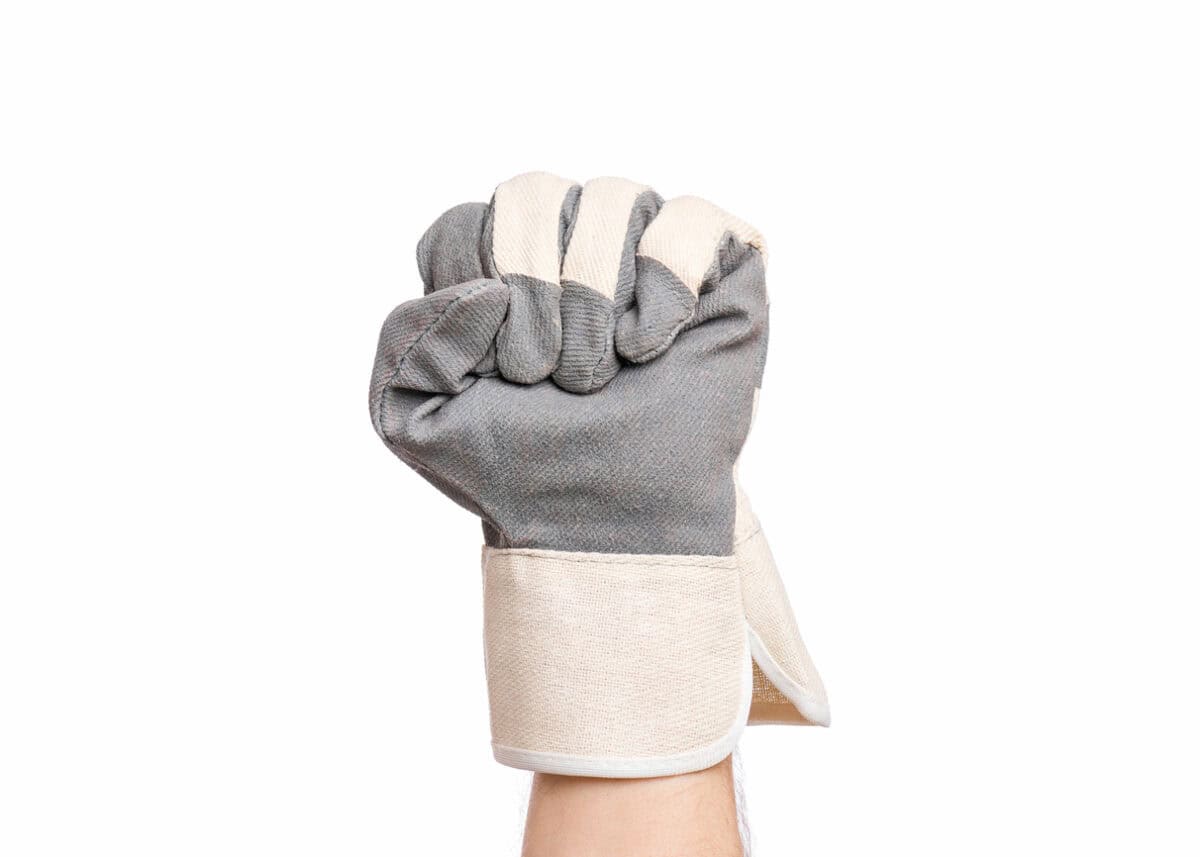A whole generation of workers has grown up believing that if they are having a hard time at work, if they are not coping with the workload or the sexual advances of their boss, or their difficult workplace, or the discrimination they feel about their gender or their sexuality, that it’s their fault, and it’s their problem, and therefore, it’s their role to solve and fix it. But there were generations before the current one, and I’m from one of those earlier generations. When I started work, there was good work and safe jobs, and there were social movements for women’s rights, and then gay rights and dignity at work, and respect at work. It was far from a paradise, but there was exciting progress and lively, challenging debates and social protests. A little of that passion has returned this decade, but more is needed.
Category: union
Is Victoria still committed to its psychosocial regulations?
Victoria’s Minister for WorkSafe, Danny Pearson, has emerged from the occupational health and safety (OHS) wilderness to restate his commitment to introducing legislative amendments on psychosocial hazards at work. He has been stalling on these for a very long time, but he has recently provided an update to Parliament.
Is WorkSafe Victoria changing its focus?
Two years ago, I noted that WorkSafe Victoria did not mention employers in an awards night speech. Since then, it seems “employers” has been omitted regularly from various calls for changes in occupational health and safety (OHS); however, WorkSafe may have turned a corner last week.
If you don’t sound the alarm, who will?
Last week the Australian Institute of Health and Safety (AIHS) National Conference contained some excellent speakers and one or two stinkers. (I will not be reporting on the last speaker of the conference, who spent his first ten minutes “roasting”. i.e. insulting the delegates!) Safe Work Australia’s Marie Boland was an important and informative speaker who nudged the occupational health and safety profession to be more active.
International Conventions are attractive but largely academic
Last week, Australia’s Parliament released an information paper on a “National Interest Analysis” of International Labour Organization Convention No. 187: Promotional Framework for Occupational Safety and Health Convention adopted in Geneva on 15 June 2006. Does this mean anything to the local occupational health and safety (OHS) profession? Yeah, Nah, Maybe.
World Day of Health and Safety – Climate Change
The need for occupational health and safety (OHS) to adapt to the changing (deteriorating) global climate has long been discussed. This discussion may spike later this month with this year’s World Day of Health and Safety theme, the somewhat fatalistic “Ensuring safety and health at work in a changing climate“. Rather than look closely at the ILO global report on this issue, clearer discussion may be found in the latest edition of HesaMag with its special report on “Workers and the climate challenge” from the European Trade Union Institute.
OHS needs to create discomfort
Occupational health and safety (OHS) decision-making by employers is dominated by reasonably practicable safety and health decisions. OHS advice is similarly dominated, leading to an industry that is cowed by the need for job security and tenure. OHS teaching in tertiary institutions is also influenced, if not dominated, by what is seen as (right-wing) “business realities”.
OHS is a small part of the university curriculum. In some universities, OHS education is missing entirely. The OHS discipline is not seen as important or marketable or an important source of revenue. A new book about universities in the United States in the 1960s and 1970s may help us understand the reasons for this.







